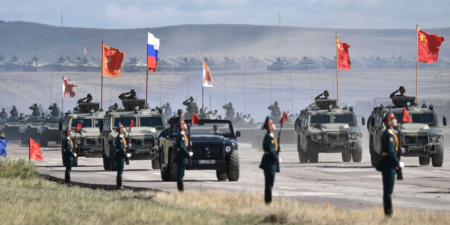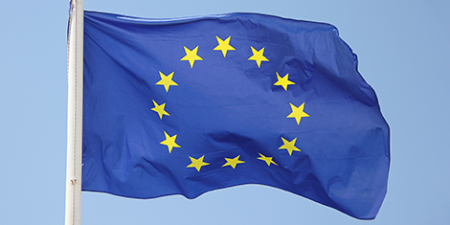
This article was originally published by the Carnegie Moscow Center on 22 October 2019.

This article was originally published by the Carnegie Moscow Center on 22 October 2019.

This article was originally published by the Danish Institute for International Studies (DIIS) in October 2019.
Armed non-state actors (ANSAs) often act as important security-providers in conflict environments but are typically excluded from long-term strategies for peace. To succeed, pragmatic routes to peace should consider how to incorporate ANSAs into longer term frameworks for peace.

This article was originally published by the Council on Foreign Relations (CFR) on 16 October 2019.
Introduction
Threats to national and economic security emanating from cyberspace are all too real, but public disclosure of incidents of the theft of intellectual property (IP) is exceedingly rare. Former National Security Agency Director and the first Commander of Cyber Command Keith Alexander has labeled China’s theft of U.S. intellectual property through cyber means “the greatest transfer of wealth in history.” Few experts in the field dispute that conclusion. In November 2015, National Counterintelligence Executive William Evanina estimated that cyber-enabled economic espionage cost the U.S. economy $400 billion per year, with 90 percent of the theft originating in China.

This article was originally published by the Istituto Affari Internazionali (IAI) in October 2019.
It may strike as odd coming from this author, but this is no time for grand strategy. As the European Union enters a new cycle, it’s overarching priority in the world should be action.
The last five years have been formative as far as European foreign policy goes. They have set the foundations for a European defence union. Whereas the EU acronym soup of recent defence initiatives may appear obscure to outside observers, for a Union that has historically struggled to inch forward in this field, they are huge. Furthermore, the outgoing Commission and High Representative have triggered a fundamental change in the way the EU works in the world. While institutional silos still exist, joined-up foreign policy making and an integrated approach to conflicts are now part of the European foreign policy lexicon, and to an extent practice too.

This article was originally published by War on the Rocks on 30 October 2019.
To the extent that any nation has a grand strategy, China surely does. The vision is no secret: Xi Jinping vows to make China great again. This resonates deeply: Since imperial decline in the First Opium War (1839 to 1842), every Chinese leader has sought the same, with broad popular support. Xi’s strategy for a modern China of unprecedented power and influence requires recapturing lost glories at home and abroad. It clearly entails reincorporating Taiwan, together with other unresolved island and maritime claims. China’s history and geography suggest that it now faces short-range opportunities and long-range challenges. China’s strategy thus has a broadly-defined arc that the United States should address with a strategy of “competitive coexistence” to safeguard American interests sustainably amid increasing Chinese assertiveness.